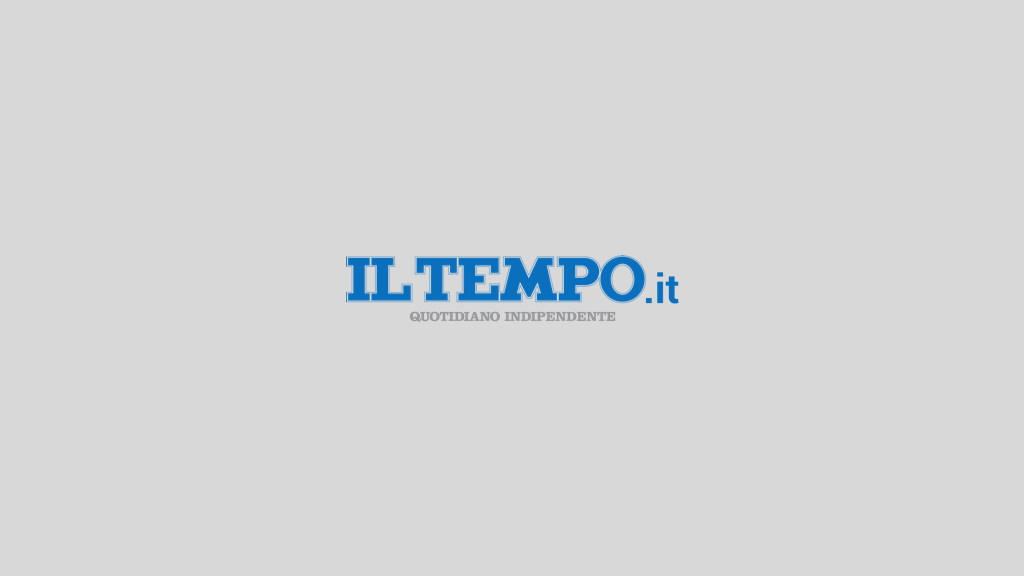Virtune Targets Broader European Distribution With New Sui Exchange-Traded Product

Swedish digital asset manager Virtune has launched what it claims is Europe's most cost-efficient Sui exchange-traded product (ETP) on Euronext Paris, marking another step in the company's expansion across European markets. The Virtune Sui ETP, with the ticker VRTU, provides investors with exposure to the Sui cryptocurrency through a regulated, physically backed investment vehicle. This launch comes as Virtune continues to build its position as one of the leading issuers of regulated crypto ETPs in Europe.
The new ETP features an industry-leading 0.95% annual management fee, making it the most cost-efficient Sui ETP available to European investors. Virtune plans to further expand the product's distribution by listing it on local German exchanges, including gettex and Tradegate, to improve accessibility for German investors. The company has established itself as a trusted provider in the digital asset space, serving over 150,000 investors since its launch just over two years ago.
Security and regulatory compliance remain central to Virtune's approach, with Coinbase serving as the crypto custodian for all of the company's ETPs. The underlying crypto assets are held in cold storage, providing institutional-grade security for investors. This infrastructure supports Virtune's commitment to offering European investors secure, transparent, and regulated access to digital asset markets through traditional investment channels.
Christopher Kock, CEO of Virtune, emphasized the company's mission to make innovative digital assets more accessible to investors. "We are excited to launch the most cost-efficient Sui ETP in Europe, reinforcing our mission to make innovative digital assets more accessible to investors," Kock stated. The launch strengthens Virtune's position as it manages more than $475 million in assets across its product offerings, continuing its growth trajectory in the European digital asset management landscape.



